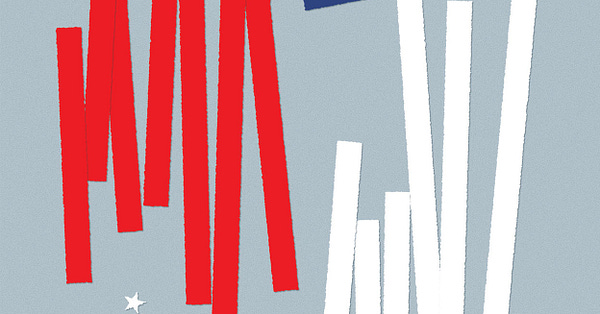We’re accepting applications for research affiliates for the 2022-2023 academic year! The affiliate program allows CITAP to support and promote excellent research that’s aligned with our own research topics and values, and we welcome affiliates (including faculty, postdoctoral researchers, and graduate students) from a broad range of academic and research institutions, especially in North Carolina.
An affiliate membership with CITAP includes:
Invitations to participate in CITAP events, including monthly research workshops and professional development talks and meetings with CITAP-hosted visiting speakers
Access to an affiliate email list and discussion forum
Opportunities to collaborate with other researchers through informal working groups, affiliate-organized sessions, and other ad hoc spaces in addition to our regular programming
Promotion of your own work through CITAP’s newsletter, social media, and website
The affiliate application is short (three questions!) and due on May 20. We’ve loved getting to know the work of other researchers across this space, and hope that you’ll forward this within your own institutions and to other communities where it might be of interest so we can continue to discover and support excellent work.
That’s a wrap on our spring speaker series!
Yesterday, Catherine Knight Steele wrapped up our spring speaker series by discussing her book, Digital Black Feminism, which traces the relationship between technology and black feminist thought. When talking about the future of technology, Steele argues how the history of Black feminist technoculture in the United States can decenter white supremacy and the patriarchy.
The excellent Q&A dug into big-data vs. deep readings on Twitter, applying the idea of “shop talk” to Twitter, and digital archives. Steele’s discussion included the acumen of Black women’s labor and why Black women are needed for the mobilization of the many technologies they use.
The full video of Steele’s talk can be found here:
Black Twitter is not a place. It’s a practice.
Earlier this week, CITAP’s Tressie McMillian Cottom released an article for the New York Times that explains how Black Twitter is a space that cannot be bought or changed.
McMillian Cottom writes “Black Twitter is a repository, as when it archives public memory of cultural events. Black Twitter is instrumental to the platform’s cultural significance; to be good at Twitter is to borrow aspects of that Black sociolinguistic practice but make it feel authentic.”
The usefulness of Twitter is not revenue or marketing, it is about people and communities that share, create, and amplify the voices of many. She concludes with a reminder that “money can buy a lot, but it cannot buy everything that matters.”
Publications and appearances
“One of the things that is unique to TikTok at this moment is even with social advocacy, it’s still quite playful and fun; it doesn’t feel preachy,” said Shannon McGregor when talking to The Salt Lake Tribune. The article shares the story of five Black students who started the Black Menaces TikTok account, creating videos that address racism at Brigham Young University.
“It absolutely is not independent research because the Facebook researchers are holding our hands metaphorically in terms of what we can and can’t do.” Deen Freelon spoke to Nieman Lab on why researchers and journalists are calling for greater access to social media data.
In a Twitter thread, Francesca Tripodi described seven tactics politicians use to spread disinformation.
“It's not just a few companies, or just the few big ones, and we've let this go on.” Zeynep Tufekci re-shared a 2014 op-ed on the dangers of location tracking.
At a recent keynote address at the 13th annual journalism ethics conference, Sewell Chan, editor in chief at The Texas Tribune, included Daniel Kreiss’s “The Social Identity of Journalists” to discuss how over the last 40 years newsrooms have lost the working-class identity.
We love seeing Tressie McMillian Cottom’s work on the sociology of race and ethnicity come up in a conversation among Alex Hanna, Anna Lauren Hoffmann, Alex Ahmed, and Kandrea Wade on gender and AI.
Congratulations to Alice Marwick and Deen Freelon who were recognized this week for their five years of service, dedication, and commitment at UNC-Chapel Hill!
Deen Freelon contributed to a new study conducted by The Communication for Health Impact Lab (CHI) on a self-management SMS text messaging interventions for health.
Coming soon
May 20: CITAP Affiliate applications due!
May 26-30: The 72nd annual International Communication Association (ICA) conference in Paris, France. Many of our CITAP folks will be there, so if anyone wants to meet with them while they’re there, do reach out!
Rest of Web
CITAP affiliate Daniel Johnson has a new piece out in Task and Purpose!
Congratulations to Nathan Kalmoe and Lily Mason on the release of their book “Radical American Partisanship”.






